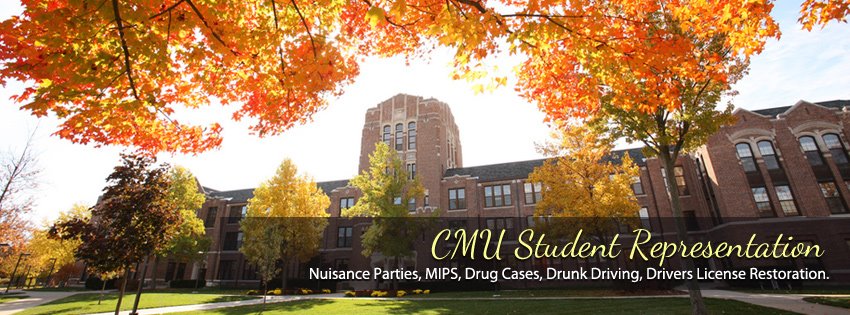September 14, 2015
STATE OF MICHIGAN:
Possession of Marijuana
MCL 333.7403 is defined as: “Knowingly or intentionally possessing controlled substance, controlled substance analogue, or prescription form; violations; pen aalties; discharge from lifetime probation” (Michigan Legislature)
Under Michigan law marijuana is listed as a “Schedule 1 controlled substance”.
Possession of any amount of Marijuana is a misdemeanor which is punishable by a maximum of 1 year in jail and a maximum fine of $2,000.
Use of marijuana is a misdemeanor which is punishable by a maximum of 90 days in jail and a maximum fine of $100.
Possession in or within 1,000 feet of a public park can be a felony or a misdemeanor, based on the judge’s discretion, and carries a maximum of 2 years imprisonment and a maximum fine of $2,000.
Cultivation & Sale
Sale without remuneration is a misdemeanor punishable by a maximum of 1 year jail and a maximum fine of $1,000.
The sale of less than 5 kilograms is a felony punishable by a maximum sentence of 4 years jail and a maximum fine of $20,000.
The sale of 5 kilograms – less than 45 kilograms is a felony, which is punishable by a maximum sentence of 7 years jail and a maximum fine of $500,000.
The sale of 45 kilograms or more is a felony, which is punishable by a maximum sentence of 15 years jail and a maximum fine of $10,000,000.
The cultivation of fewer than 20 plants is a felony punishable by a maximum sentence of 4 years jail and a maximum fine of $20,000. The cultivation of 20 – less than 200 plants is a felony, which is punishable by a maximum sentence of 7 years jail and a maximum fine of $500,000. The cultivation of more than 200 plants is a felony, which is punishable by a maximum sentence of 15 years jail and a maximum fine of $10,000,000.
Avoiding a drug conviction:
- Section 333.7411 (otherwise known as 74-11) is a statue which allows those who have not been previously charged with a drug crime in Michigan to avoid a conviction that would go on their permanent criminal history. 74-11 acts as a diversion program and upon successful completion of 74-11 offenders can remain without a drug conviction. It is important to note that 74-11 can only be used once, and you MUST NOT have a previous drug conviction.
- There is a provision of Michigan Law, Called the Holmes Youthful Trainee Act, or HYTA, which allows a person who commits a crime after their 17th, but before their 21st birthday, to keep the whole thing off their record. HYTA is special in that HYTA applies to all kinds of crimes (with some exceptions).
Both HYTA & 74-11 require the offender to successfully complete a term of probation as ordered by the judge. The Judge has ultimate discretion in deciding whether or not the offender will receive either 74-11 or HYTA.
Todd L. Levitt can be reached at 989-772-6000 for a free consultation.
Source(s):
http://www.legislature.mi.gov/(S(xscw532ctdkym0aueoy5yjcr))/mileg.aspx?page=GetObject&objectname=mcl-333-7401
http://norml.org/laws/item/michigan-penalties-2

